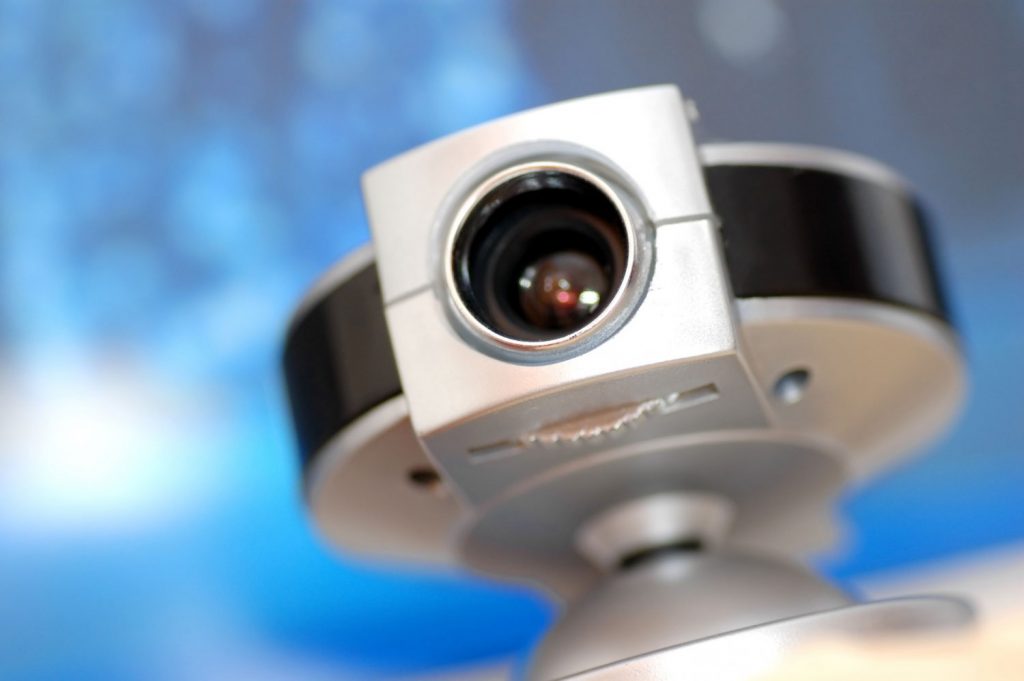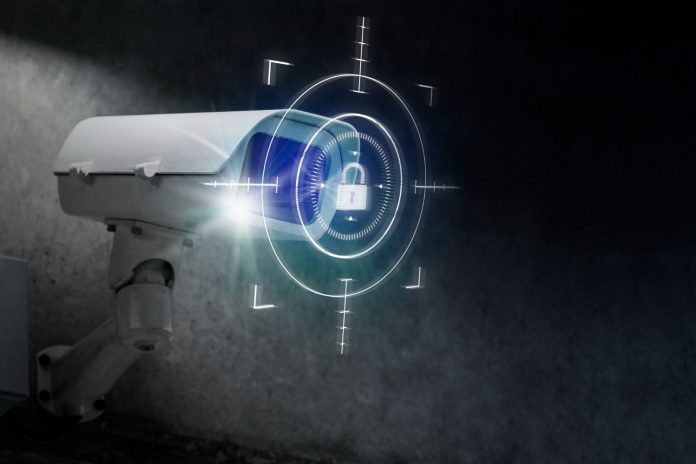Privacy concerns over surveillance cameras have long been debated, but new regulations are set to establish clear boundaries. Starting April 1, China’s Public Security Video and Image Information System Management Regulations will take effect, defining where surveillance cameras can, and cannot, be installed.
While public safety remains a priority, the law aims to prevent privacy violations in sensitive areas, with strict penalties for illegal installations.
Key Restrictions on Surveillance Installations
The new regulations specify that surveillance equipment cannot be installed in areas where privacy is easily compromised. This includes:
Guest accommodation: Hotel rooms, homestays, inns, and private suites in lodging facilities.
Student and employee housing: Dormitory rooms and staff rest areas.
Personal spaces in public facilities: Changing rooms, bathrooms, fitting rooms, and nursing rooms.
Any area enabling illegal surveillance: Locations where cameras could be used for peeping, spying, or eavesdropping.
Businesses and property managers are required to conduct routine inspections to prevent unauthorized installations. If violations are found, they must immediately report them to local law enforcement.
Are Personal Cameras Allowed Outside my Home?

With growing concerns over home security, many people wonder: Can I install a camera outside my home? The new law does not outright ban personal surveillance cameras, but their placement is subject to legal scrutiny.
Experts warn that a camera must not record a neighbor’s doorway or personal activity. If footage captures faces or daily routines of others, it may constitute an invasion of privacy.
Penalties for Violating the Law
Individuals or businesses found illegally installing surveillance equipment face serious consequences, including:
Confiscation of unauthorized surveillance devices.
Fines for unlawful video collection or data sharing.
Legal penalties for spying, voyeurism, or eavesdropping.
Criminal charges for leaking state or military secrets.
Business suspensions or license revocations for organizations that fail to enforce compliance.
With these stricter regulations now in place, authorities hope to balance public safety with personal privacy, ensuring that surveillance technology is used responsibly and within legal limits.
Related article: Does Unpackaging an Electronic Product Void China’s “Seven-Day No-Reason Return” Policy?








